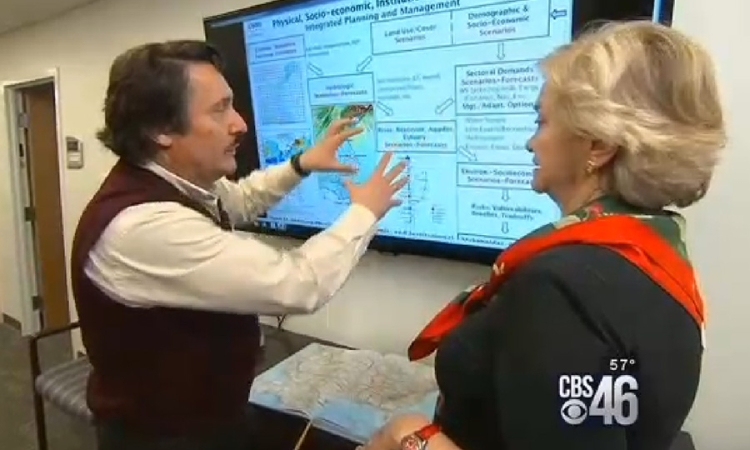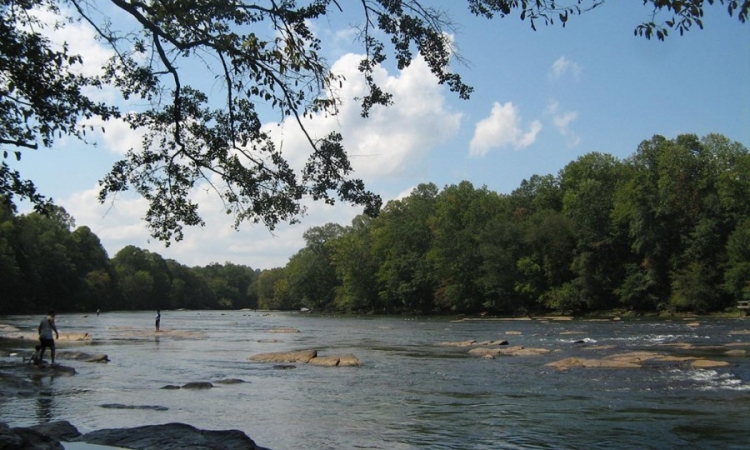Biography
Dr. Aris P. Georgakakos is a professor at the School of Civil and Environmental Engineering at Georgia Tech and Director of the Georgia Water Resources Institute. He has also served as CEE Associate Chair for Research and as Head of the Environmental Fluid Mechanics and Water Resources Program for 17 years. Dr. Georgakakos’ research and technology transfer activities aim to develop and implement prototypical information and decision support systems for integrated water resources assessment, planning, and management. These systems combine data from conventional and remote sources, GIS, and models from various disciplines (including climate, hydrology, agricultural science, water resources, wetland and river ecology, hydro-thermal power systems, economics, statistics, and operations research). Dr. Georgakakos has been involved in several world regions and his decision support systems are currently used for river basin planning and management in Georgia and the southeast U.S., California, several African countries, Brazil, Jordan, Greece, and China. His research and technology transfer activities have been sponsored by U.S. and foreign organizations including the U.S. Geological Survey, U.S. Army Corps of Engineers, National Oceanic and Atmospheric Administration, National Science Foundation, Environmental Protection Agency, Food and Agriculture Organization of the United Nations, World Bank, U.S. and European International Development Agencies, and several domestic and foreign electrical and water utilities. Dr. Georgakakos publishes extensively, is an Associate Editor for the Journal of Hydrology, and serves in various national committees advising the U.S. Government on critical climate adaptation and water resources policy issues.




